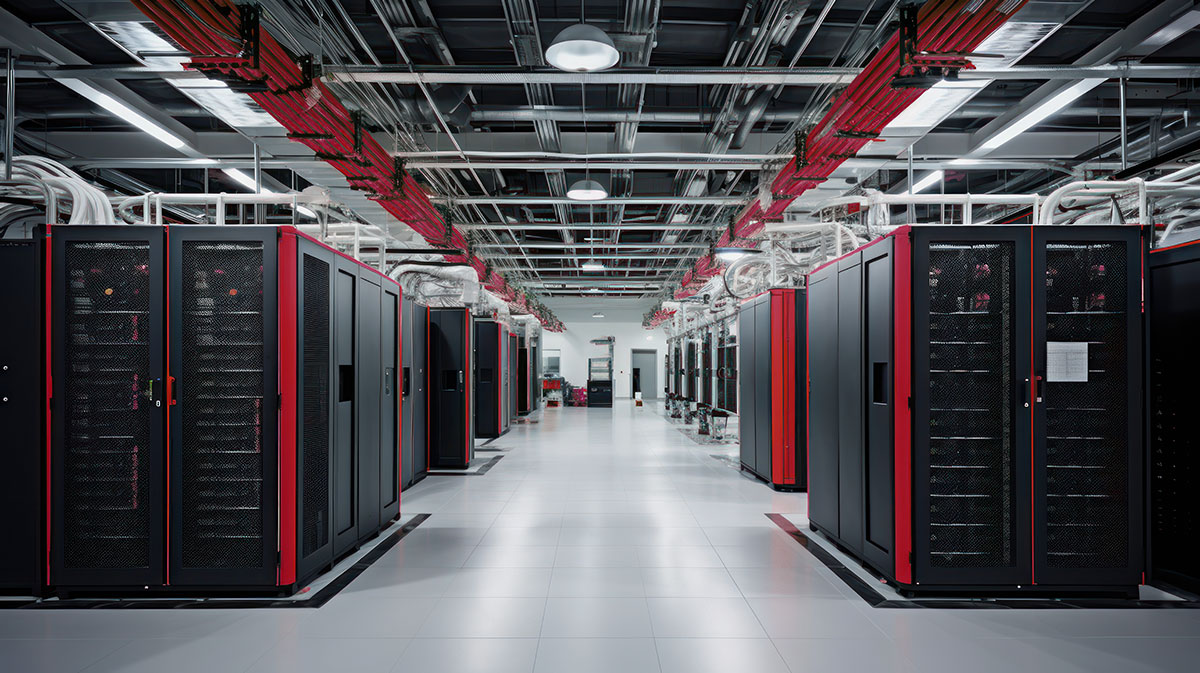AI's Double-Edged Sword: Underclass and Replaceability
Explore AI's impact on creating a 'permanent underclass' and the replaceability of tech elites in this evolving tech era.

AI's Double-Edged Sword: Underclass and Replaceability
Artificial Intelligence (AI) is rapidly transforming economies and labor markets worldwide, sparking debates about its societal impact. A growing concern is that AI could create a "permanent underclass"—a segment of society excluded from meaningful work due to automation and AI-driven displacement. At the same time, those who control AI infrastructure and capital may be replaceable as technology evolves.
The Permanent Underclass: What Is It?
The term "permanent underclass" describes people who, as AI and automation replace traditional jobs, find themselves unable to compete in an AI-dominated economy. According to Kyle Chayka’s analysis in The New Yorker, this underclass includes workers displaced by automation, often lacking access to new opportunities created by AI integration. These include mid-career professionals like filmmakers, teachers, or brand strategists facing existential challenges in finding non-automatable roles.
Matthew Berman, on his YouTube channel Datatunnel, discusses the arrival of Artificial General Intelligence (AGI), suggesting that once AGI replicates human-level talent indefinitely, capital owners—those who own compute power and AI infrastructure—will hold disproportionate power. Berman warns this could freeze the economy, making human labor valueless and entrenching a permanent underclass.
The Replaceability of Tech Bubble Makers
While AI threatens jobs across multiple sectors, those who build and fund the current tech industry—often called "tech bros"—may themselves become replaceable. A new archetype in Silicon Valley, dubbed "Tech Bro 2.0," is characterized by intense work focus and wealth accumulation strategies before AI fundamentally disrupts markets. However, this group is aware that AI could upend their positions. They invest heavily in longevity, health optimization, and wealth preservation, indicating a recognition of their own impermanence.
This suggests a paradox: the creators and financiers of AI-driven technologies are themselves vulnerable to being displaced or rendered obsolete as AI evolves beyond current capitalist frameworks. The "makers of the tech bubble" could be replaced by newer models of AI ownership and control, especially if compute power becomes the primary currency of value.
Economic and Social Implications
The risk of a permanent underclass raises critical questions about economic inequality and social cohesion. Without deliberate policy interventions, AI-driven automation could exacerbate disparities, deepening the divide between those who control AI resources and those left behind. Universal Basic Income (UBI) has emerged as a proposed solution, with endorsements from figures like Elon Musk and OpenAI CEO Sam Altman. UBI aims to provide a financial safety net to displaced workers, though concerns remain about its potential inflationary effects and long-term sustainability.
Conversely, some experts emphasize the potential for "job augmentation," where AI assists rather than replaces humans, fostering new types of employment and creative endeavors. Aaron Levy from Box suggests AI’s integration could lead to increased productivity and novel opportunities, balancing fears of mass unemployment.
Cultural and Industry Responses
The entertainment industry offers a microcosm of the broader debate. The Spiridellis brothers, creators of StoryBots and JibJab, recently launched Spiridellis Bros. Studios, an AI-driven animation company that embraces AI as a creative collaborator rather than a replacement for artists. Backed by Google’s AI Futures Fund and Ashton Kutcher, their venture aims to innovate while preserving human artistry, reflecting a nuanced industry stance on AI’s role.
Visualizing the Issue
Relevant images to illustrate this topic include:
- Portraits of prominent AI figures like Elon Musk and Sam Altman, who advocate for UBI and AI policy frameworks.
- Photos or logos of Spiridellis Bros. Studios, exemplifying AI as a creative tool.
- Infographics showing the economic impact of AI on job markets and the rise of the permanent underclass.
- Visual representations of AI infrastructure, such as server farms, highlighting the centrality of compute power ownership.
Context and Future Outlook
The development of AI, especially AGI, marks a pivotal moment in economic history. The potential for AI to create a permanent underclass challenges societies to rethink labor, wealth distribution, and human purpose. Simultaneously, the precarious position of current tech elites underscores the transformative power of AI beyond mere automation.
Policy responses, technological innovation, and cultural adaptation will determine whether AI leads to widespread displacement or a renaissance of human creativity and opportunity. The stakes are high, and the coming years will be crucial in shaping an inclusive future or entrenching new forms of inequality.
By understanding these dynamics, stakeholders can better navigate the ethical, economic, and social challenges posed by AI’s rapid advancement, aiming for a balanced integration that benefits all layers of society.



